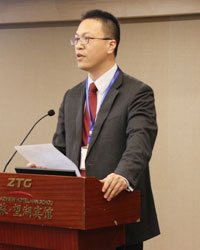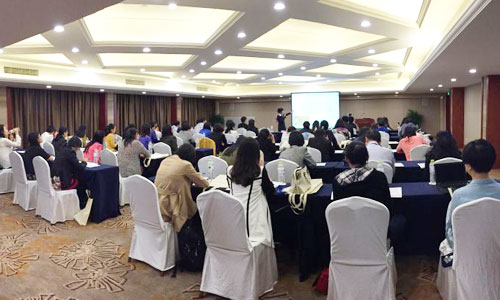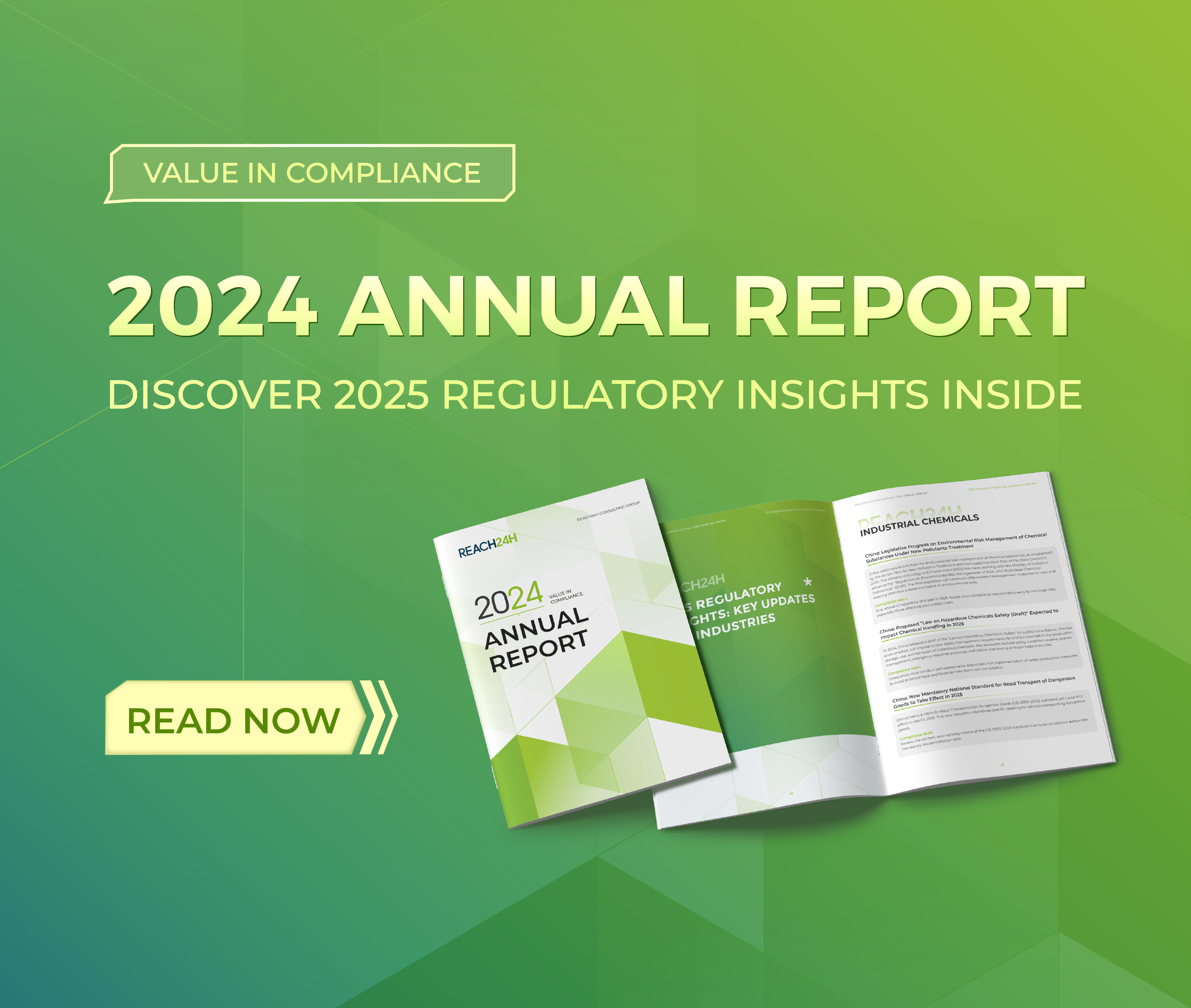REACH24H’s Taiwan TCSCA Seminar 2015 a rousing success
April 2, 2015 Hangzhou, China
REACH24H Consulting Group and Zhejiang Institute of Standardization (ZIS) successfully hosted “Taiwan TCSCA Seminar 2015: New Updates, Implementation and Case Studies” in Hangzhou. It is a great honor for having Ms. Yahui Ni from Taiwan Chemical Substance Registration Center of EPA, along with REACH24H’s senior regulatory specialist Mr. Shawn Xiang to present Taiwan chemical registration under TCSCA and OSHA. The half day seminar attracted over 50 attendees from multinational companies.

Welcome Speech from Mr. Liu of ZIS

Welcome Speech from Mr. Nathan Chen of REACH24H
The year 2015 will witness new changes to the chemical substance management in Taiwan, resulted from the newly amended Toxic Chemical Substances Control Act (TCSCA) and Occupational Safety and Health Act (OSHA). Taiwan TCSCA and OSHA will have chemical substances under control, by imposing registration obligations to relevant stakeholders before their market accession. In terms of two regulated system under Taiwan TCSCA and Taiwan OSHA, this seminar provided an opportunity for companies’ representatives and Taiwan EPA official communicate face to face.

Ms. Yahui Ni of Taiwan EPA

Mr. Shawn Xiang of REACH24H
For Taiwan new chemical substance registration, separate regulations under TCSCA and OSHA should be complied with. To facilitate the implementation of new chemical registration in Taiwan and reduce regulatory compliance burdens on potential registrants, both the Environmental Protection Administration (EPA) and Ministry of Labor (MoL) have agreed to establish a single system for registration under the EPA. In the near future, registrants will be able to submit one dossier using a single submission system for new chemical substance registration under both EPA and MoL. The two ministries will work together to review the dossier.

This seminar examined the regulatory landscape companies must traverse to be successful in Taiwan’s market. It looked closely at the data requirements for chemical registration, addressed some common concerns, and provided practical tips for potential registrants.





